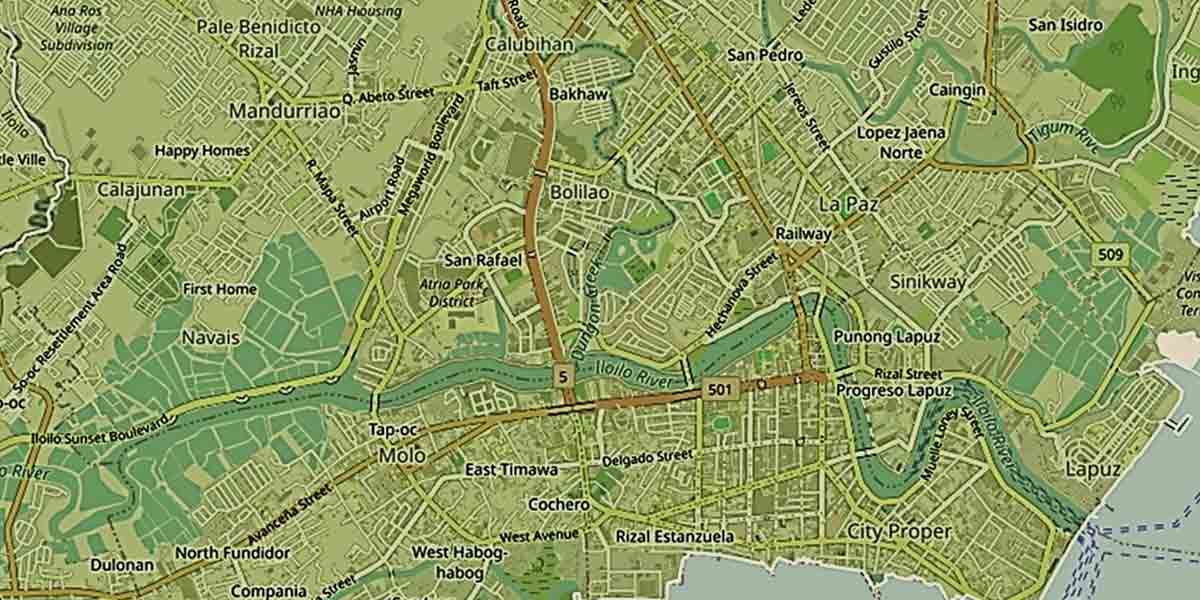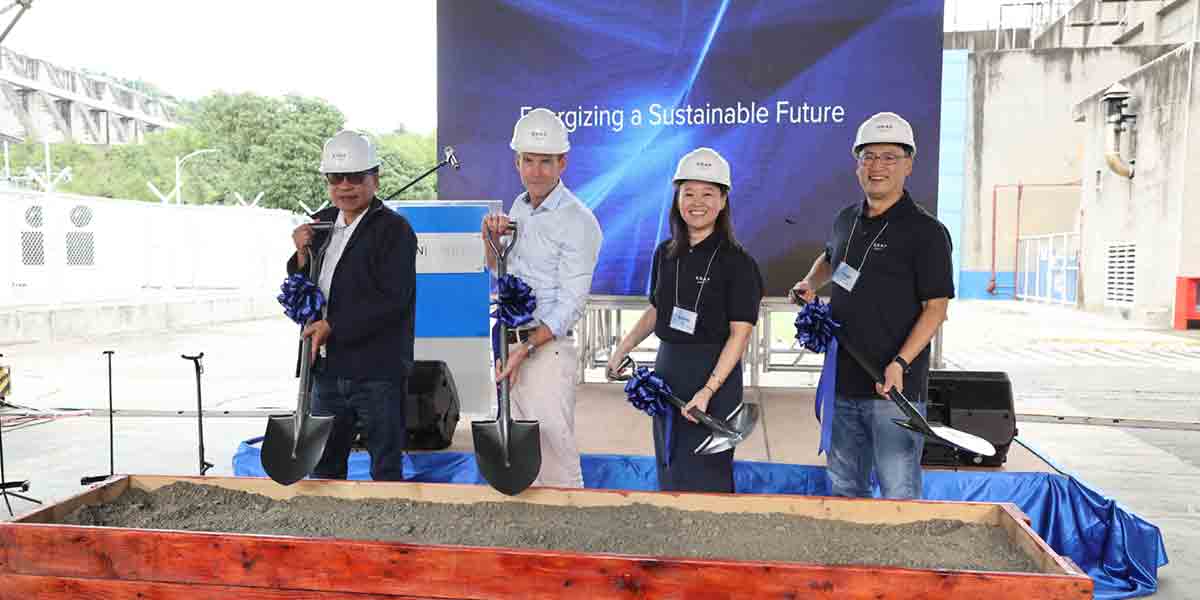The recent inflation surge in Iloilo City, which outpaced the national average and pressing heavily on housing costs, underscores the local impact of rapid tax increases on both residents and businesses.
Inflation in Iloilo City reached 4.1% in October, with housing rental inflation hitting a staggering 8.4%, according to the Institute of Contemporary Economics (ICE).
This spike in inflation largely stems from an abrupt real property tax (RPT) increase, which has led property owners to pass these added costs to renters.
While the city’s goal of increased revenue from higher property taxes is understandable, implementing these changes in one large jump rather than through gradual adjustments risks creating an inflationary spiral with long-term economic consequences.
The situation is further compounded by the upcoming minimum wage hike in Western Visayas, set to take effect on this month, which could strain businesses already grappling with high operational costs.
Effective November 17, 2024, the Western Visayas region will implement new minimum wage rates for private sector workers and domestic helpers, following approval by the Regional Tripartite Wages and Productivity Board (RTWPB).
For private sector workers, the adjustments vary by establishment size and sector. In the non-agricultural sector, establishments with more than 10 employees will see a daily wage increase of PHP 33, raising the minimum from PHP 480 to PHP 513.
Smaller establishments with 10 or fewer employees will experience a daily wage increase of PHP 35, adjusting the minimum from PHP 450 to PHP 485.
The agricultural sector will have a uniform daily wage increase of PHP 40, setting the minimum at PHP 480, up from PHP 440. These changes represent a 7% to 9% wage increase from previous levels and are expected to benefit approximately 193,032 minimum wage earners across the region.
Domestic helpers, known locally as “kasambahays,” will also see a significant wage adjustment, with a monthly increase of PHP 1,000 that raises their minimum wage from PHP 5,000 to PHP 6,000. This adjustment is anticipated to impact around 160,795 domestic workers in Western Visayas.
The new wage orders were published on November 1, 2024.Top of FormBottom of Form
Many local business owners now face dual challenges: paying higher wages while contending with increased property and rental costs, leading to a heightened risk of layoffs or closures. This reality highlights the urgent need for policies that provide businesses some financial relief while fostering a sustainable approach to revenue generation.
Studies on taxation and inflation, such as those by the International Monetary Fund (IMF), show that sudden, steep increases in taxes on essentials like property can raise inflation, particularly in urban areas with limited housing availability.
The Organization for Economic Cooperation and Development (OECD) further highlights that broadening the tax base and using gradual tax rate hikes is a more stable revenue strategy with less inflationary impact than sharp, one-time increases.
Broadening the tax base involves creating revenue from a wider range of taxable sources rather than focusing on just one, such as property taxes.
Among local governments, cities have more revenue assignments, including business, real property, idle land, real property transfers, printing and publication, sand, gravel and other quarry resources, delivery vans and trucks, amusement places, professionals, community tax, and franchise.
Surely, Iloilo City can find more revenues from these streams instead of relying on the RPT only. But broadening tax bases is only possible if the city government attracts a lot of investors. High property prices and rentals are virtual wet blankets or discouragements towards this end.
Taxes on tourism and specific business sectors are other examples that would diversify the city’s revenue stream and ease pressure on essential goods and services.
To address immediate fiscal needs while also fostering long-term growth, the city could consider income-generating initiatives beyond taxes alone.
Public-private partnerships, for instance, can attract private investment into projects that benefit the community, such as transit infrastructure, parking solutions, and community spaces. These projects generate revenue by offering services and facilities residents want and use, reducing the need for sharp tax increases.
Another promising initiative is further expanding Iloilo’s digital economy, providing incentives for tech startups and small digital businesses to set up locally, creating jobs and attracting outside investment.
The current situation reflects the need for Iloilo City to adopt a balanced approach to taxation. By diversifying revenue sources and moderating tax increases over time, the city can prevent sudden market shocks, protect residents from steep rent hikes, and maintain a more stable economic environment.
Ultimately, a broadened tax base with gradual rate increases, along with innovative income-generating initiatives, could ensure the city’s long-term financial health while sparing its residents from the immediate cost-of-living pressures they currently face.
By taking these measures, Iloilo City has the opportunity to create a resilient economic foundation—one that prioritizes both fiscal stability and the well-being of its community.




















